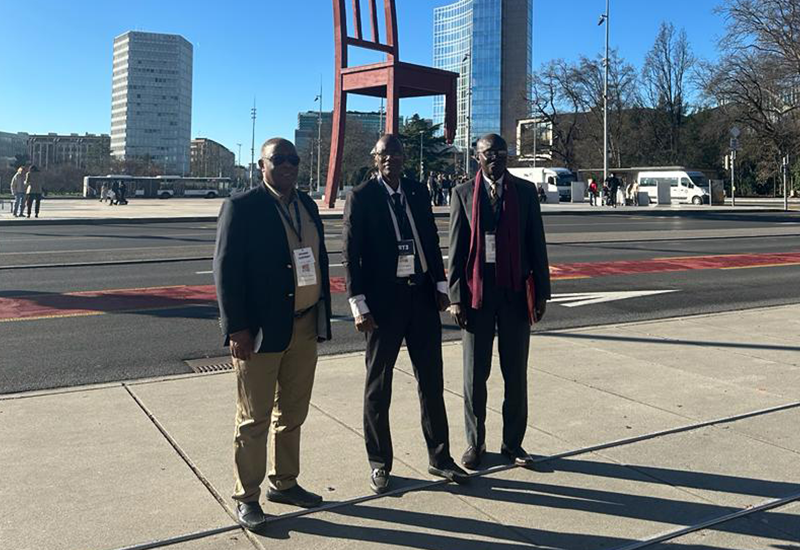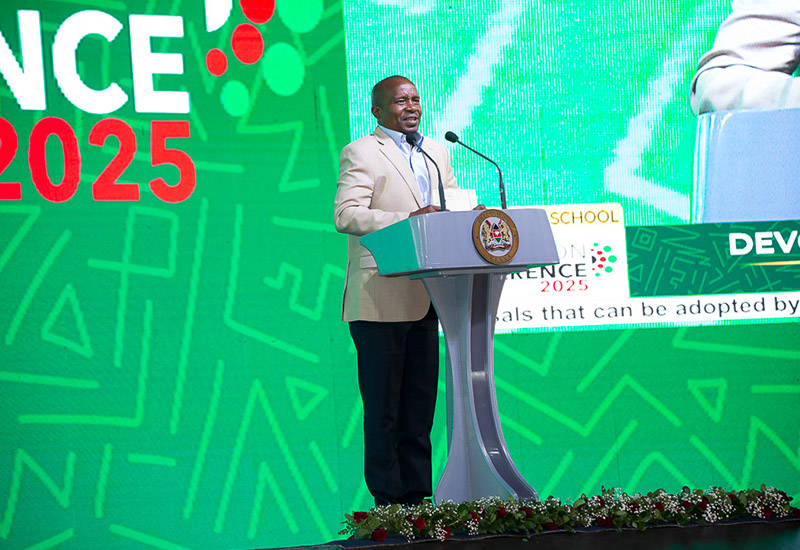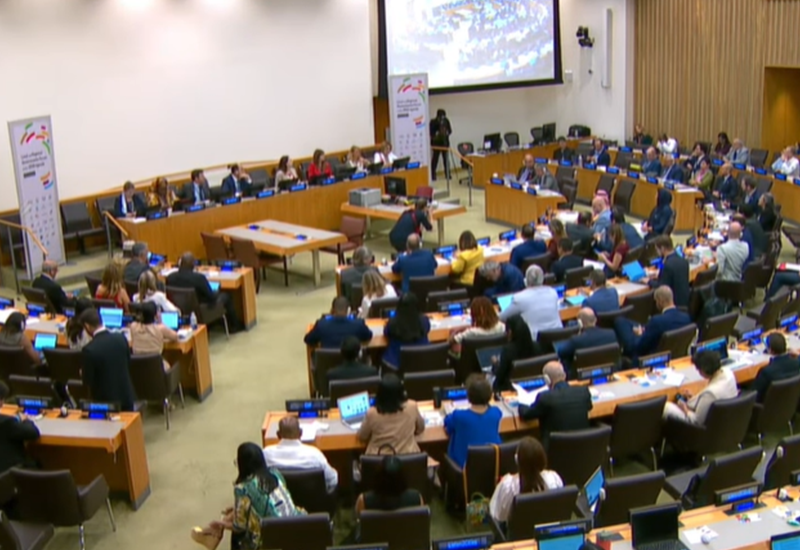
What struck me most during the debate on Habitat III organised by UCLG in Porto Alegre to which we had been invited, was the message conveyed by São Paulo’s deputy mayor, Nadia Campeão. With great conviction she explained that in this metropolis with over 11 million inhabitants, the municipality is making great efforts to fight poverty and ensure the sustainability of the city. At one point in her speech, she assured that they managed to reduce commuting time in the city by 4 hours a week. When she finished her speech, I couldn’t help but to ask her how many hours a day people in São Paolo spend commuting. Four hours a day!
A quick tour in Google confirmed what I suspected: this Brazilian city is not alone. In Bogotá people can waste many ours going to work. Also in New York. It seems that México DF wears that Crown and the government states that commuting time represents 1.9 percent of annual GDP. Traffic jams in the African cities are also well-known, not to mention Paris, Rome, Brussels... And, at this point, I think we must start assessing whether cities have sustainability and poverty problems or cities actually cause sustainability and poverty problems, as I said to the deputy mayor.
The immense efforts carried out by so many men and women from the municipal world will never get a fair reward. Cycling and public transport will be promoted. If resources are available, comprehensive action to regenerate spaces will be taken. Parks will be created and trees will be planted. These endless cities will never be sustainable, despite strenuous efforts in education, health and social policies. Poverty cannot be eradicated if thousands of people live in crowded slums.
Am I saying that this effort is wasted? No. What I am saying is that, beyond facing the problem because it is under our nose, we must make a wider reflection. In the aforementioned debate, several speakers said that in Latin America 80% of the population was already living in the urban world. What will the percentage be in 2050? 90%? This percentage is mentioned as simple data lacking interest... In my opinion, however, this percentage is a disaster of colossal dimensions, in terms of security, mobility, health and many other aspects.
In the face of this, I am sure that future generations will consider leaving the cities to go back to rural areas. On a massive scale. Not because of their naturalistic idealism, but because they will not be able to bear wasting 4 hours a day commuting. Who is going to go back to the countryside? If cities become unliveable spaces, rich people will be the first ones to move out. While, in the best-case scenario, the politicians governing the cities will fight a ceaseless battle to improve people’s living conditions. In the worst-case scenario, cities will be managed by corrupt politicians drifting rudderless in a sea of conflicts and insecurity.
An apocalyptic scenario? Maybe, but highly likely. How do we prevent it from happening? All efforts carried out in the urban areas by all Nadias Campeão in the world is imperative. But it must come with a more global vision. Urban growth must be stopped. Today’s limits can’t be extended. Not even one inch of territory should be urbanised! The main goal at all political levels should be to stop rural exodus and to keep people in their homeland.
Cities must come out of their isolation. They must become aware that they are part of a territory that provides them with water, food and identity. Territorial balance must be a common goal. Large cities must be complemented by medium cities and villages. And that can only be achieved with high quality infrastructures and services in the entire territory. The greatest danger is cities absorbing all resources, because that will only fuel the problem. In order to improve cities, resources and efforts must be devoted to the territory’s development.
It would be appropriate to start planning pilot projects to facilitate the return of the population to the rural areas. If peace comes to Colombia, the return of the displaced people to their homeland would be a project worthy of the support from the entire international community. I am sure that those in Bogotá who waste hours every day to go to work will appreciate it.
Carles Llorens














































































